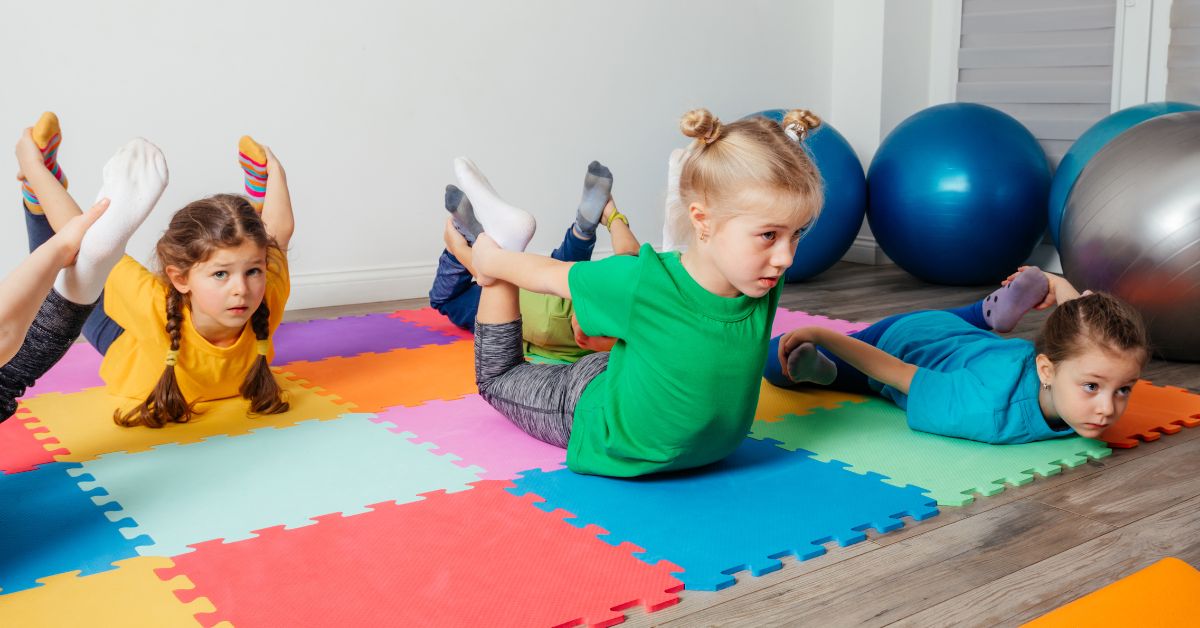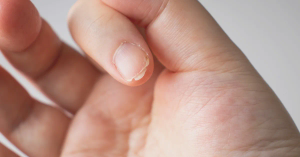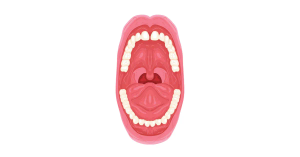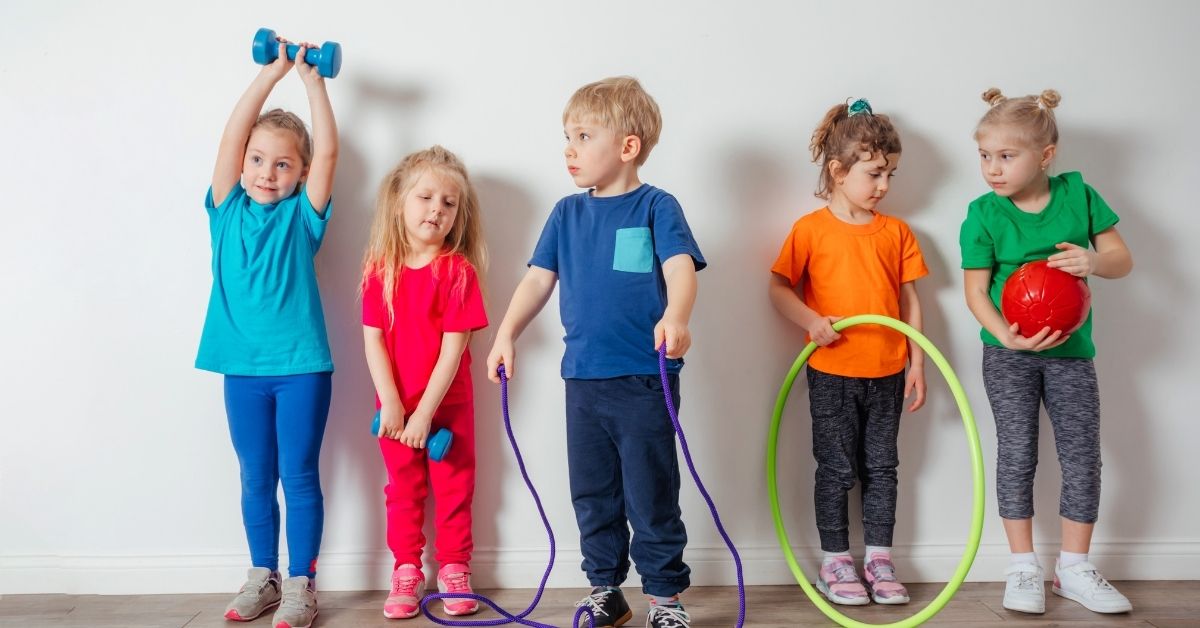What Is Your Olfactory Sense?
Your olfactory sense is your ability to smell. It helps you enjoy food, detect dangers like smoke or spoiled food, and even recall memories linked to certain scents. This ability comes from your olfactory system, which includes your nose and a special part of your brain that processes smells.
When you breathe in, tiny scent particles travel into your nose. These particles are detected by special cells, called olfactory receptors, which send signals to your brain. Your brain then recognizes the smell—whether it’s the sweet aroma of flowers, the fresh scent of rain, or the delicious smell of your favorite meal.
Why Is Your Sense of Smell Important?
Your sense of smell plays a bigger role in your life than you might think!
• Enhances taste – Without smell, food tastes bland. That’s why when you have a cold, food doesn’t taste as good.
• Detects danger – Smell warns you of spoiled food, smoke from a fire, or gas leaks.
• Triggers memories and emotions – Certain smells bring back memories, like the scent of a newborn baby or a favorite childhood dish.
• Influences mood – Some scents, like lavender, help you relax, while others, like citrus, can make you feel refreshed and awake.
What Can Damage Your Sense of Smell?
Your sense of smell is delicate, and many things can weaken it over time. Here are some common causes:
• Colds and flu – When you’re sick, congestion can block smell receptors, making it harder to detect scents.
• Sinus infections – Long-term sinus issues can reduce your ability to smell.
• Pollution and smoke – Air pollution, cigarette smoke, and strong chemicals can damage your olfactory receptors.
• Aging – As you grow older, your sense of smell naturally weakens.
• Injuries and medical conditions – Head injuries, nasal polyps, and neurological conditions like Alzheimer’s and Parkinson’s can affect your smell.
• Certain medications – Some medicines, like antibiotics or nasal sprays, can temporarily dull your sense of smell.
How to Protect Your Sense of Smell
Taking care of your olfactory system is easier than you think! Follow these simple steps to keep your sense of smell strong:
1. Keep Your Nose Clean and Healthy
• Rinse your nose with saline water to remove dust and allergens.
• Stay hydrated to keep your nasal passages moist.
• Avoid using strong chemical sprays near your face.
2. Protect Yourself from Pollution and Irritants
• Stay away from cigarette smoke and strong fumes.
• Wear a mask if you are in a polluted area.
• Use air purifiers to keep indoor air clean.
3. Eat a Healthy Diet
• Vitamin A, found in carrots and spinach, helps keep your nose healthy.
• Zinc, present in nuts and beans, supports your sense of smell.
• Omega-3 fatty acids, in foods like walnuts and flaxseeds, protect brain health, including smell recognition.
4. Practice Smelling Different Scents
Smell training can improve your olfactory function! Try this simple exercise:
• Choose four scents like lemon, rose, coffee, and mint.
• Smell each for 20 seconds while focusing on its unique aroma.
• Repeat twice a day for a few months to strengthen your sense of smell.
5. Stay Active and Get Fresh Air
• Regular exercise improves blood flow, including to your nose and brain.
• Walk in nature to experience different natural scents like flowers, trees, and fresh air.
6. Avoid Overusing Nasal Sprays and Strong Medications
• Long-term use of nasal sprays can damage your nasal lining.
• If you need medication for allergies or sinus issues, consult a doctor for safer options.
7. Keep Your Brain Healthy
Your sense of smell is closely connected to your brain. To keep it sharp:
• Engage in brain-boosting activities like puzzles and reading.
• Get enough sleep to support brain function.
• Manage stress through relaxation techniques like meditation or deep breathing.
Fun Ways to Explore and Improve Your Sense of Smell with Kids
Children have a strong sense of smell, and they can have fun while learning to recognize different scents!
1. Smell Guessing Game
• Blindfold your child and let them smell different items like orange peels, chocolate, or flowers.
• Ask them to guess the scent—this improves memory and recognition skills!
2. Create a Scented Memory Box
• Collect different items with unique smells, like lavender, cinnamon, or fresh-cut grass.
• Let your child sniff them and associate each scent with a memory.
3. Cooking with Aromatic Spices
• Let kids help in the kitchen by smelling different herbs and spices.
• Explain how cinnamon, basil, or ginger add special flavors to food.
When to See a Doctor
If you or your child notice a sudden loss of smell, it could be a sign of:
• A severe cold or sinus infection that won’t go away.
• An allergic reaction or nasal blockage.
• A possible neurological issue.
Consult a doctor if smell loss lasts more than two weeks or affects daily life.
Final Thoughts
Your sense of smell is a gift that helps you enjoy life in many ways. By taking simple steps to protect it—like avoiding pollution, eating healthy, and practicing smell training—you can keep your olfactory senses sharp for years to come.
Encourage kids to explore scents in a fun and safe way, making their world richer with beautiful aromas. After all, a strong sense of smell means better memories, tastier food, and a healthier life!








